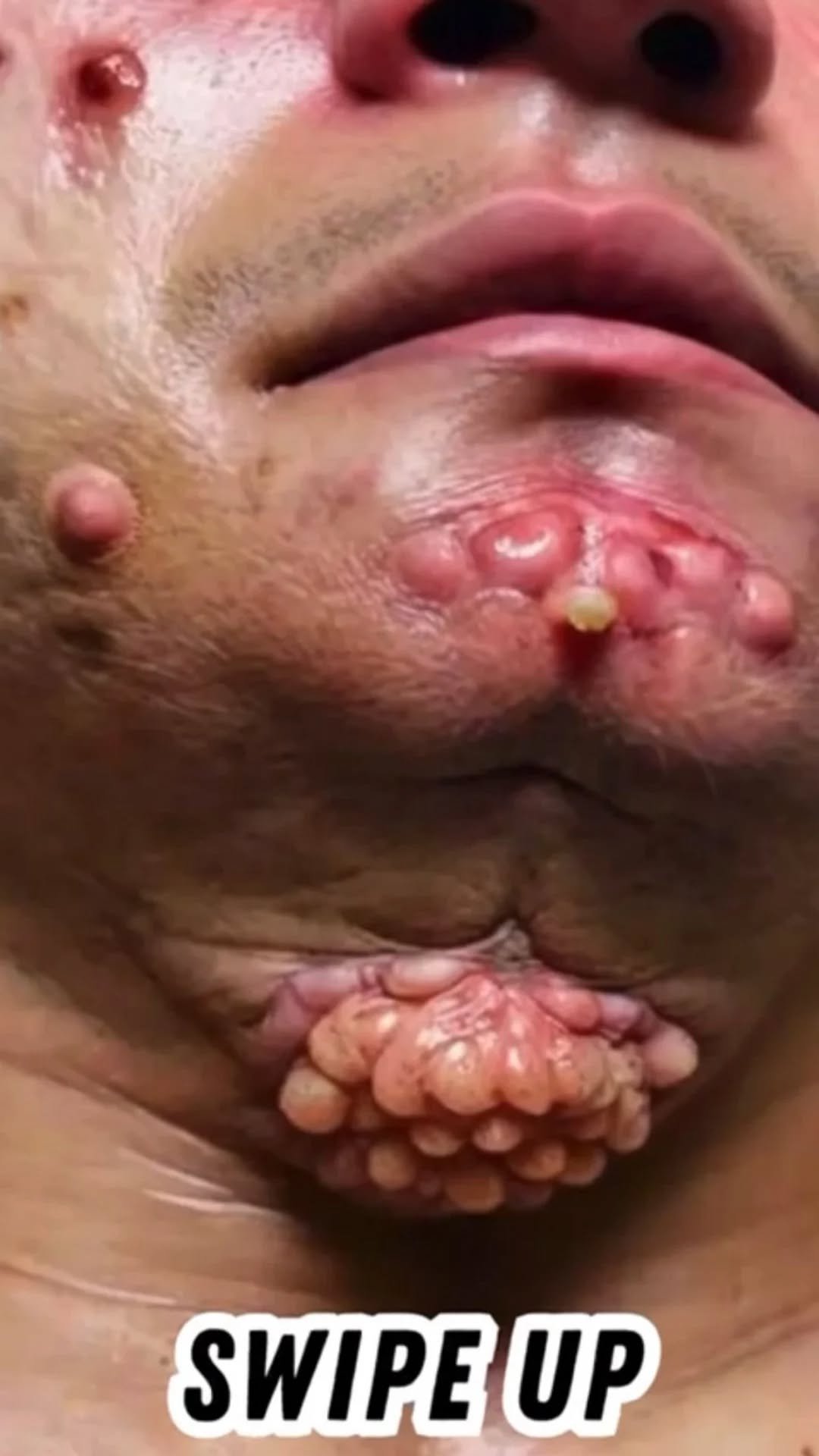SEVEN THINGS THAT CLOG YOUR PORES AND CAUSE ACNE
Pores: We’ve all got these tiny openings in our skin for releasing sweat and oil, but for some people, they can be more temperamental than others. Or, rather, clogged pores happen more often to some of us than others. Clogged pores happen when oil doesn’t or can’t flow through them as it should, explains board-certified dermatologist Geeta Yadav, MD.
“Typically, this is caused by the overproduction of oil that then becomes trapped by dead cells that haven’t properly shed from the lining of the pore. Makeup, dirt, and/or comedogenic ingredients can also block the pore, and prevent that flow of oil through it,” she says.
Comedogenic is essentially a word for pore-clogging, and while these types of ingredients aren’t the sole cause of acne and breakouts—there are several factors—they certainly won’t help the situation. “Pore-clogging ingredients make it much more likely that pimples will form,” says board-certified dermatologist Rachel Nazarian, MD.
“In someone who has naturally oily skin or who harbors the bacteria that causes acne, using these ingredients is like adding gas to the fire. It’s a dangerous combination that can exacerbate acne and cause consistent breakouts.”
Dear reader, the video is a little lower. Acne also known as acne vulgaris, is a long-term skin condition that occurs when dead skin cells and oil from the skin clog hair follicles.Typical features of the condition include blackheads or whiteheads, pimples, oily skin, and possible scarring. It primarily affects skin with a relatively high number of oil glands, including the face, upper part of the chest, and back. The resulting appearance can lead to lack of confidence, anxiety, reduced self-esteem, and, in extreme cases, depression
Susceptibility to acne is primarily genetic in 80% of cases. The roles of diet and cigarette smoking in the condition are unclear, and neither cleanliness nor exposure to sunlight are associated with acne. In both sexes, hormones called androgens appear to be part of the underlying mechanism, by causing increased production of sebum. Another common factor is the excessive growth of the bacterium Cutibacterium acnes, which is present on the skin.
Understanding these triggers is essential for effectively managing acne and maintaining clear, healthy skin.
Makeup Residue:
Makeup products, especially those containing heavy oils and comedogenic ingredients, can clog pores and lead to acne breakouts.
It’s crucial to remove makeup thoroughly before bedtime to prevent pore congestion and allow the skin to breathe overnight.
